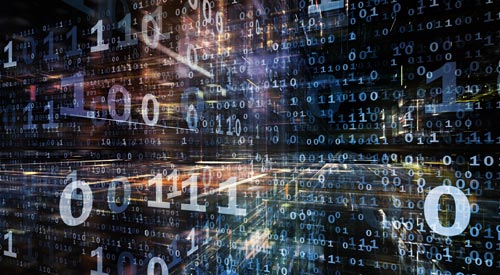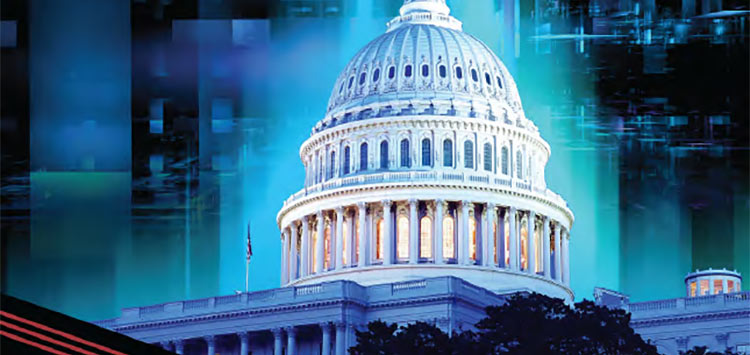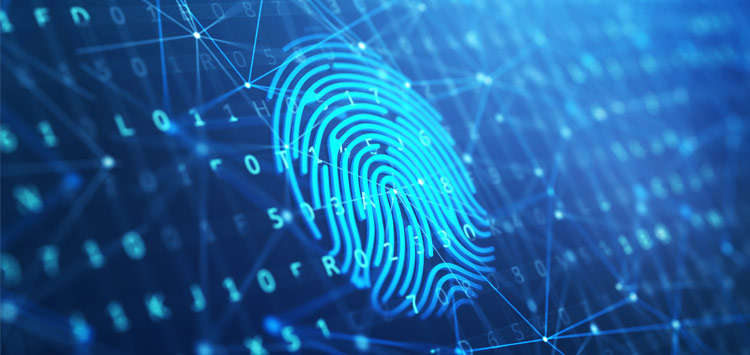We're living through the first world cyberwar - but just haven't called it that
The Guardian: The job of the historian is often to pull together broad themes and trends, then give them a snappy title that people will easily recognise and understand. That’s how we end up with labels like “The decline and fall of the Roman Empire” or “The Rise of Hitler and the Third Reich”. As someone who studied history, I’ve had this lingering curiosity about how historians of the future will view our times. It is easy to imagine textbooks in a hundred years with chapters that start with Reagan and Thatcher and end with the global financial crisis and called something like The Western Neoliberal Consensus 1979-2008. But contemporaries seldom refer to events with these names, or can see the sharp lines that the future will draw. It wouldn’t have seemed obvious with the capture of Calais in 1347 that this decisive siege was just one early development in a dynastic struggle that would come to be known as the hundred years war. This always makes me wonder what broader patterns we might be missing in our own lives, and I’ve come round to thinking that we might already be living through the first world cyberwar – it’s just that we haven’t acknowledged or named it yet.
Tags
Share
Top Stories
- When May a Robot Kill? New Pentagon Policy Tries to Clarify
- Defense Logistics Agency to Shift Warehouse Management to Commercial Software
- Homelessness Among Veterans Has Been Cut in Half since 2010, VA Says
- Defense Industry Decries Possible GOP-led Spending Cuts
- Let’s Make It Easier to Share Top-Secret Data With Allies, Intel Leader Says
- Gillibrand Ditches Military-Services Style Cyber Academy Idea for DOD Scholarship Program in NDAA
- It’s Finally Here: Pentagon Releases Plan To Keep Hackers Out Of Its Networks
- DISA’s Plea to Industry: Bring Us Battlefield-Ready Tech
- How Elon Musk’s Twitter Buy Raises Cybersecurity Risks For The Rest Of Us
- Why Defense Budgets Will Stay High After the Ukraine War
- Contractors’ Reluctance to Work With the Pentagon on Cybersecurity Is Leaving Vulnerabilities, DOD Official Says
- Defense Department Health Plan Cuts Its Pharmacy Network by Nearly 15,000 Outlets
- DISA’s Sweeping New Plan Takes Aim at Data Silos, Mistagged Info
- Inside the US Army’s ‘warfighting’ cloud
- Army Updates Cyber Training After Some Graduates Weren’t Ready for Their Jobs
- The US Weighs Escalation Risk As Ukraine Asks for Longer-range Missiles
i360Gov Newsletters
The most significant government policy, business, and technology news and analysis delivered to your inbox.
Subscribe NowTrending
- DISA’s Plea to Industry: Bring Us Battlefield-Ready Tech
- VA Systems are Vulnerable to Cyber Intrusions Due to Lack of Effective Oversight, Report Says
- Here's What Can Happen When the Average Clearance Holder Mishandles Classified Information
- How Elon Musk’s Twitter Buy Raises Cybersecurity Risks For The Rest Of Us
- TSA Collaborates with European Security, Manufacturers To Upgrade Security Tech
- Defense Department Health Plan Cuts Its Pharmacy Network by Nearly 15,000 Outlets
- It’s Finally Here: Pentagon Releases Plan To Keep Hackers Out Of Its Networks
- Contractors’ Reluctance to Work With the Pentagon on Cybersecurity Is Leaving Vulnerabilities, DOD Official Says


















